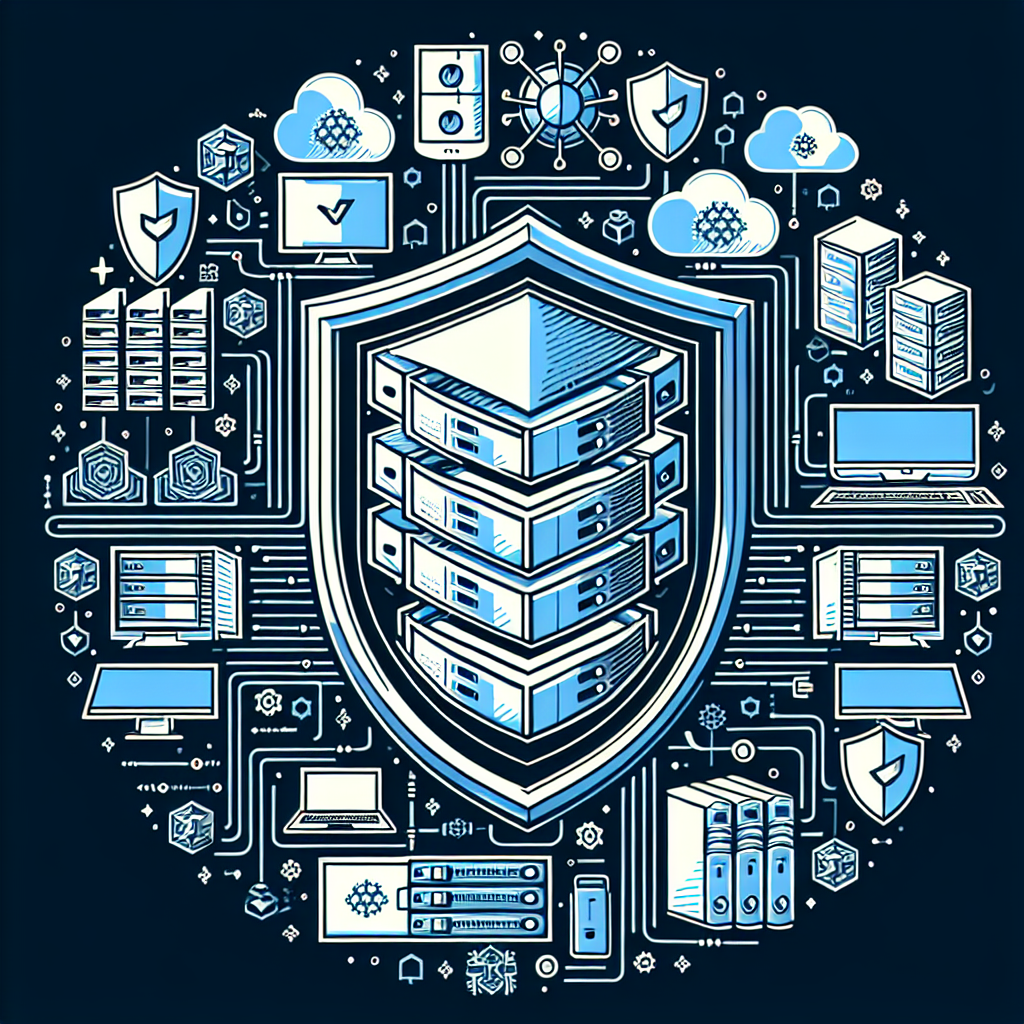Protecting Your Data Center from Cyber Threats: The Role of Security Systems
Data centers play a crucial role in storing and managing vast amounts of information for businesses, government agencies, and other organizations. With the increasing reliance on digital data, protecting data centers from cyber threats has become a top priority for organizations around the world. One of the key components in safeguarding data centers from cyber threats is the implementation of robust security systems.
Security systems in data centers are designed to detect, prevent, and respond to various types of cyber threats, including malware, ransomware, phishing attacks, and insider threats. These systems are comprised of a combination of hardware, software, and processes that work together to secure the data center’s infrastructure and data assets.
One of the most important components of a data center security system is a firewall. Firewalls act as a barrier between the internal network and external threats, filtering incoming and outgoing network traffic to prevent unauthorized access and protect sensitive data. Firewalls can be implemented at various points within the data center network, including at the perimeter, between network segments, and on individual servers.
In addition to firewalls, data centers also employ intrusion detection and prevention systems (IDPS) to monitor network traffic for suspicious activity and respond to potential threats in real-time. IDPS use a combination of signature-based and anomaly-based detection techniques to identify and mitigate cyber threats before they can cause harm to the data center infrastructure.
Data encryption is another critical security measure that data centers use to protect sensitive information from unauthorized access. Encryption involves encoding data in such a way that only authorized users with the correct decryption key can access it. By encrypting data both at rest and in transit, data centers can ensure that even if a cyber attacker gains access to the data, they will not be able to read or use it.
Access control systems are also essential for securing data centers from cyber threats. These systems manage and restrict access to the data center facilities, server rooms, and individual servers based on user credentials and permissions. By implementing strict access controls, data centers can prevent unauthorized individuals from physically or remotely accessing the data center infrastructure.
In conclusion, protecting data centers from cyber threats requires a multi-layered approach that includes the implementation of robust security systems. Firewalls, intrusion detection and prevention systems, data encryption, and access control systems are just a few of the key components that data centers use to safeguard their infrastructure and data assets. By investing in comprehensive security systems and staying vigilant against evolving cyber threats, organizations can ensure the integrity and availability of their data center operations.


